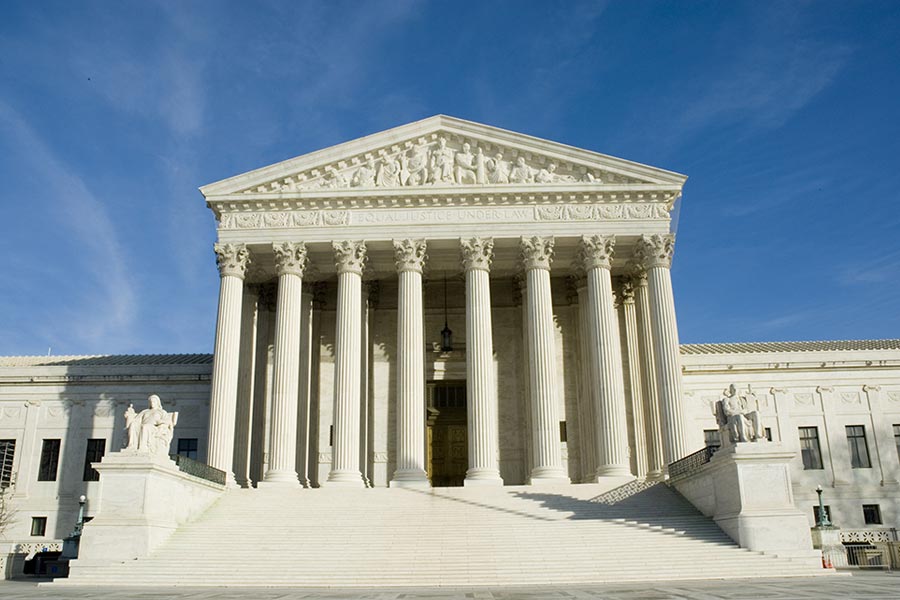COUGAR DEN WINS AGAIN IN SCOTUS

On March 19, 2019 the Yakima Nation won an important motor fuel tax case against the state of Washington in the Supreme Court of the United States. The case centered on whether a fuel importer, who was owned by the Yakima tribe, could be forced to pay $3.6 million of taxes for importing motor fuel into Washington.
By way of brief background, Native Americans can be subject to state taxes, absent federal law to the contrary. Under the terms of the treaty, which must be read in the Native Americans’ favor, the Yakamas granted 90 percent of their land to the United States in exchange for the unabridged right to travel. The Native Americans argued that this right was impeded by the imposition of the tax on their motor fuel. After the Yakama’s victory in administrative court, the Department reversed. The Yakamas were again victorious on appeal and the case found its way to the Washington Supreme Court.
The Washington’s Supreme Court balanced the Indians right to travel against the state’s power to tax the trade of goods. In doing so the Court looked at Cree , a Ninth Circuit case which held that requiring the Yakamas to pay license and permit fees to transport timber off of the reservation was a violation of the treaty’s right to travel. Similarly, the Court described Smiskin, which held that bringing unstamped cigarettes onto the reservation was an unauthorized restriction of the Native Americans right to travel. The Court also described a contrary finding in King Mountain Tobacco, in which the court allowed a tax on the right to trade because the taxes at issue were put into trust for healthcare related costs.
While the cases in this area are hair splittingly close, the Court turned back to the tax on fuel in this case. Ultimately, the court determined that the tax affected the Indian’s right to transport the goods, not the right to trade. The Court seemed to place heavy weight as this was a tax on importation, not merely possessing the regulated goods. Therefore, the tax on the importation of the fuel was held to violate the treaty.
On June 25, 2018, the Supreme Court of the United States granted certiorari, which means they will hear the case. After briefing the oral argument was held on October 30, 2018. In an opinion by Justice Breyer, to which Sotomayor and Kagan joined, the Supreme Court of the United States held the Washington law taxed the importation of fuel used on public highways and the taxation of such fuel is pre-empted by the right to travel on those highways. Justice Breyer wrote, “If the cost of a fishing license interferes with the right to fish, so must a tax imposed on travel with goods (here fuel) interfere with the right to travel.”
For the SCOTUS junkies, Justice’s Gorsuch and Ginsberg, who are generally polar opposites, filed a joint concurring opinion. The concurring opinion focused on the unchallenged factual findings in the record. Using those facts, the case is consistent with the right to fish analogy. On the contrary side of the isle, justices Roberts, Alito, Thomas and the newly minted Justice Cavanaugh saw the case the other way.
This case cements the difficulties states have in assessing Native Americans. Courts will often go to great lengths to find federal preemption to avoid state tax assessments. It can be expected to see future decisions with the same anti-tax bias in favor of Native Americans.



